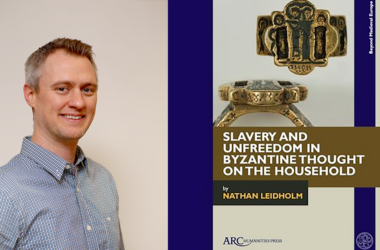Asst. Prof. Meral Uğur Çınar, assistant chair of the Department of Political Science and Public Administration, recently published a new book, “Memory, Patriarchy and Economy in Turkey Narratives of Political Power,” with Edinburgh University Press.
This book brings a dynamic approach to Turkish politics by showing how political struggles operate via narratives and how ideas, institutions and narratives interact. By analyzing narratives of collective memory, patriarchy and economic development, it shows the ways in which narratives shape politics in intended and unintended ways. Dr. Uğur Çınar combines rich, theoretical discussion with textual and ethnographic data, looking at how narratives serve the reproduction of consent as well as the mobilization of resistance. “Memory, Patriarchy and Economy in Turkey” examines how narratives are utilized for the continuation of institutional structures as well as at critical junctures of institutional change and the gradual erosion of institutions. Through the narrative analysis of texts, ranging from political speeches to museum documents to graffiti and posters from protests, the author sheds light on contemporary Turkish politics and offers a glance into how narratives operate in the political realm. Through this careful analysis, the book helps make sense of current political discussions in Turkey and elsewhere, particularly on issues such as democratic backsliding, institutional erosion, populism, polarization and social movements.












